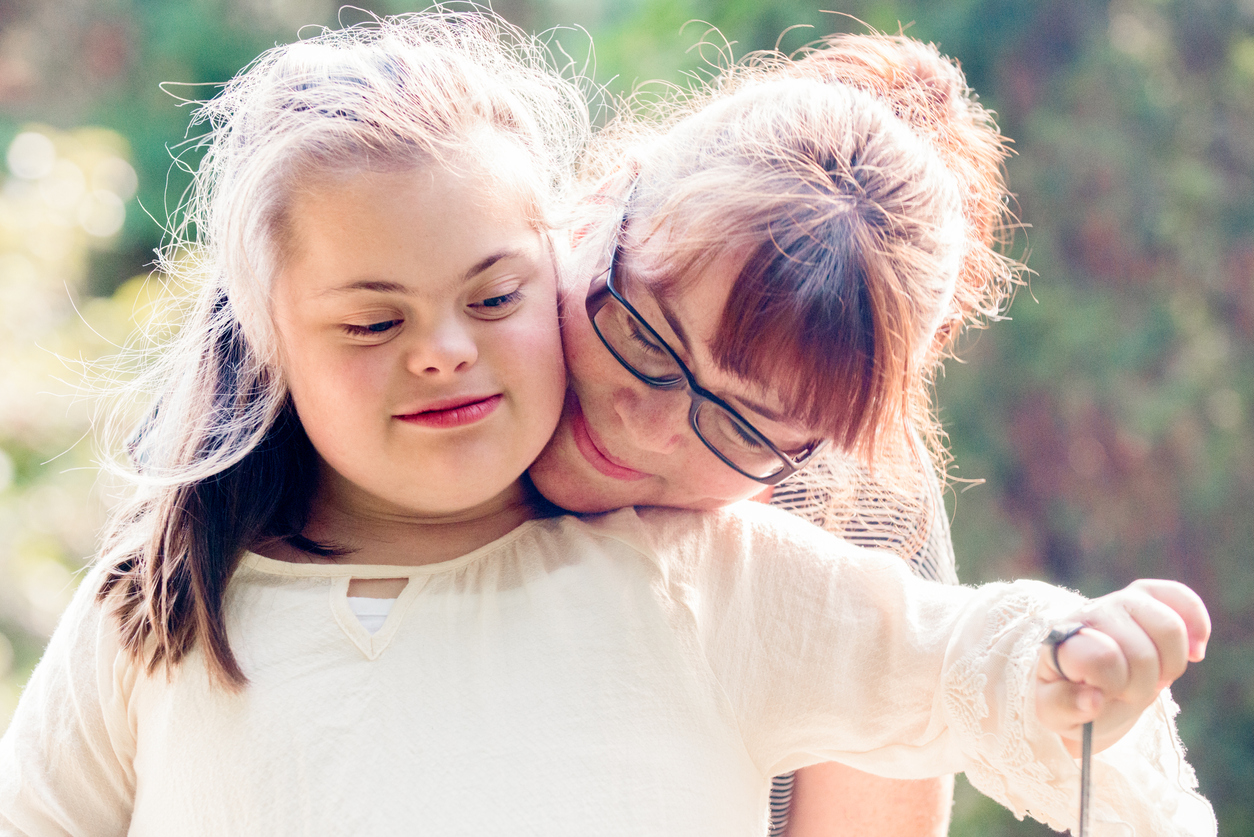Whether you’re a parent, relative, or acquaintance, planning for people with Intellectual and Development Disabilities (IDD) is critical to supporting their future. You need to ensure they’re financially secure and have access to the support they need. All these may feel overwhelming, but the right resources and support make the process easier.
You create a robust plan that empowers individuals with IDD to live happily in the community even after you’re no longer there to care for them. Additionally, they build meaningful relationships, get opportunities for inclusion, and access recreational activities that suit their interests and abilities. Here’s how to plan and support the future of children with IDD transitioning to adulthood:
Understand Their Unique Needs
Individuals with IDD suffer from various conditions, including autism, down syndrome, and Prader-Willi syndrome. Each condition comes with unique challenges, making every person different with their own set of strengths and weaknesses. In addition, they affect an individual’s emotional, intellectual, and physical development and interaction ability, requiring personalized care.
Work with professional healthcare providers, therapists, and educators to better understand these individuals’ specific needs. Understand their IDD diagnosis and the best treatment options, such as medications and therapies for speech, behavior, and occupation. Then create a plan that meets their needs and helps them achieve their goals.
Provide Financial Support for the IDD Community
As children with IDD enter adulthood, they need constant financial support, including healthcare and housing services. Consult a financial advisor to assist you in navigating the complex financial landscape and create a plan that guarantees your financial security. It should cater to their long-term needs, like career needs, healthcare, and retirement costs.
In addition, plan for the financial future of individuals with IDD by seeking private funding from well-wishers and families and setting up a special needs trust. This helps provide these individuals with financial security without affecting their eligibility for government benefits. Medicare, Social Security Disability Income (SSDI), and Supplemental Security Income (SSI) are excellent examples.
Support the Social Needs of Adult Children With IDD
Social needs and support are essential for everyone’s well-being, including individuals with IDD. While these people often experience social isolation, stigma, and discrimination, various community-based programs exist to support their needs. They include:
- Social clubs
- Recreational activities
- Volunteer opportunities
These programs help individuals with IDD develop social skills, make new friends, and become more independent. Find programs that support their social and emotional needs and align with their interests. Studies show that social support and inclusion have many benefits for the IDD community, such as:
- Improving self-esteem and confidence
- Enhancing physical and mental health
- Developing social skills and emotional intelligence
- Increasing independence and autonomy
- Promoting civic engagement and community participation
- Improving the quality of life and happiness
- Promoting personal growth and development
Create Opportunities for Fun and Enjoyment
Individuals with IDD have the same desire for fun and enjoyment as anyone else. It’s essential to create opportunities that enable them to experience new things, meet new people, and have fun. This may include attending concerts, sporting events, movies, participating in art classes or music lessons, or vacationing. Other ways include:
- Spending quality time with them regularly and showing interest in their hobbies and passions
- Encouraging them to join clubs or groups that match their interests and abilities
- Inviting them to social events or outings that are accessible and inclusive
- Helping them make new friends or connect with peers with similar experiences or backgrounds
- Respecting their choices and preferences regarding their social life
- Creating a safe and welcoming environment where people with IDD feel valued and respected
- Promoting activities that foster social skills development, such as role-playing, games, or storytelling
Providing these experiences helps individuals with developmental disabilities live a fulfilling life and enjoy the same things everyone else does. They improve their quality of life and overall well-being.

Combat the Long-term Effects of COVID on the IDD Community
COVID-19 has had a profound impact on the IDD community. These individuals are at a higher risk of severe illness from the pandemic. Most of them have experienced disruptions to their daily routines, social connections, and access to support services.
Determine the pandemic’s long-term consequences on people with developmental disabilities and plan accordingly. Among the methods available are:
Stay Connected With Your Child’s Healthcare Providers
Keep in touch with healthcare providers treating your child through telehealth appointments. This helps you stay up-to-date on their health status and any changes in their treatment plan for better outcomes.
Create a Routine
Keep a constant schedule to assist persons with intellectual disabilities to feel comfortable and secure after the COVID-19 epidemic. Maintain a consistent daily schedule, including eating times, sleep rituals, and leisure activities.
Provide Social Interaction
Dealing with social isolation is challenging for individuals with IDD, so create opportunities for social interaction. This may include virtual playdates or outdoor activities with friends and family members.
Stay Informed
Keep updated about the latest developments regarding COVID-19, including vaccine availability for individuals with developmental disabilities. Also, consider joining local and national support groups to learn how best to care for your loved one.
Support Mental Health
The pandemic has been challenging for everyone’s mental health, and individuals with IDD are likely vulnerable. Consider seeking mental health resources such as therapy or counseling to support their emotional well-being.
Foster Good Hygiene
Encourage good hygiene practices, such as washing hands frequently, wearing masks in public places, and avoiding close contact with people outside your home. These practices also help reduce the risk of COVID-19 transmission and protect your loved one’s health.
Plan for Future Caregiving
To ensure that people with IDD live better once their parents can no longer care for them, it is essential to plan for caregiving. To accomplish this, create a thorough care plan considering each patient’s medical requirements, daily schedule, available resources, and long-term objectives. The exact support services that these people require to succeed should be described in the plan.
Consider family members, friends, or professional carers as prospective caretakers for these individuals. Assess their availability, desire, and capacity to offer the degree of care your loved one requires by your loved one. You can also employ an attorney to manage their legal and financial affairs if you cannot do so.
Join Us in Showing Support to Individuals With IDD Today
Planning for your child’s future on time, especially if they have intellectual or developmental disabilities, is critical. It’s a great way to ensure they live a better and more comfortable life for years, even after you cannot care for them. Work with healthcare providers, financial advisors, and educators to create a long-term plan that guarantees their financial security. The plan should also support their social and emotional needs and help them live fulfilling lives.
Remember, you’re not alone; many resources and organizations can help you. Venture Foundation is one such organization that creates awareness about individuals with intellectual or developmental disabilities. We rely on charitable and fun-raising events to raise funds to better the lives of individuals in the IDD community. Contact us to learn more about available support opportunities, and let us improve the lives of individuals with IDD today.




